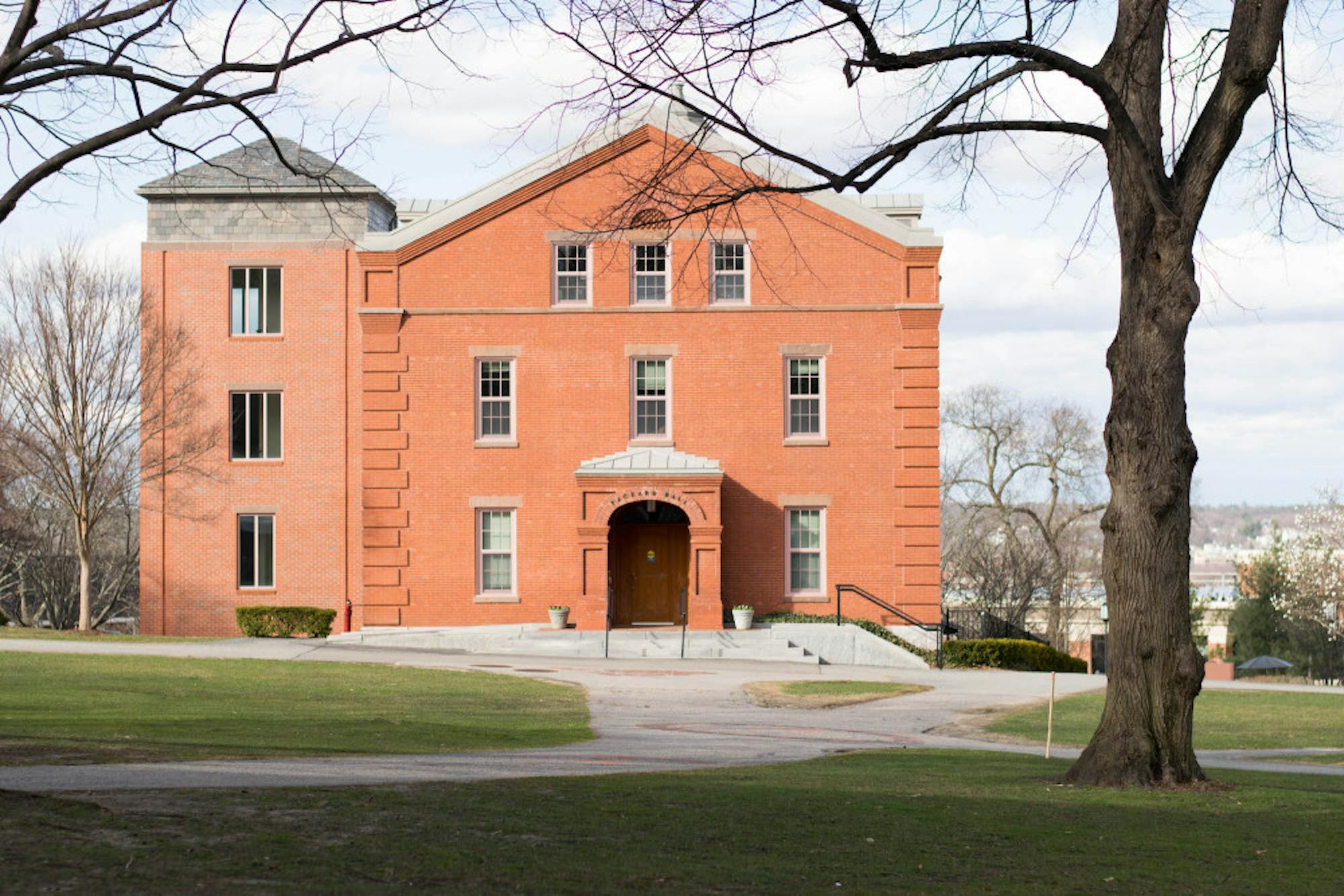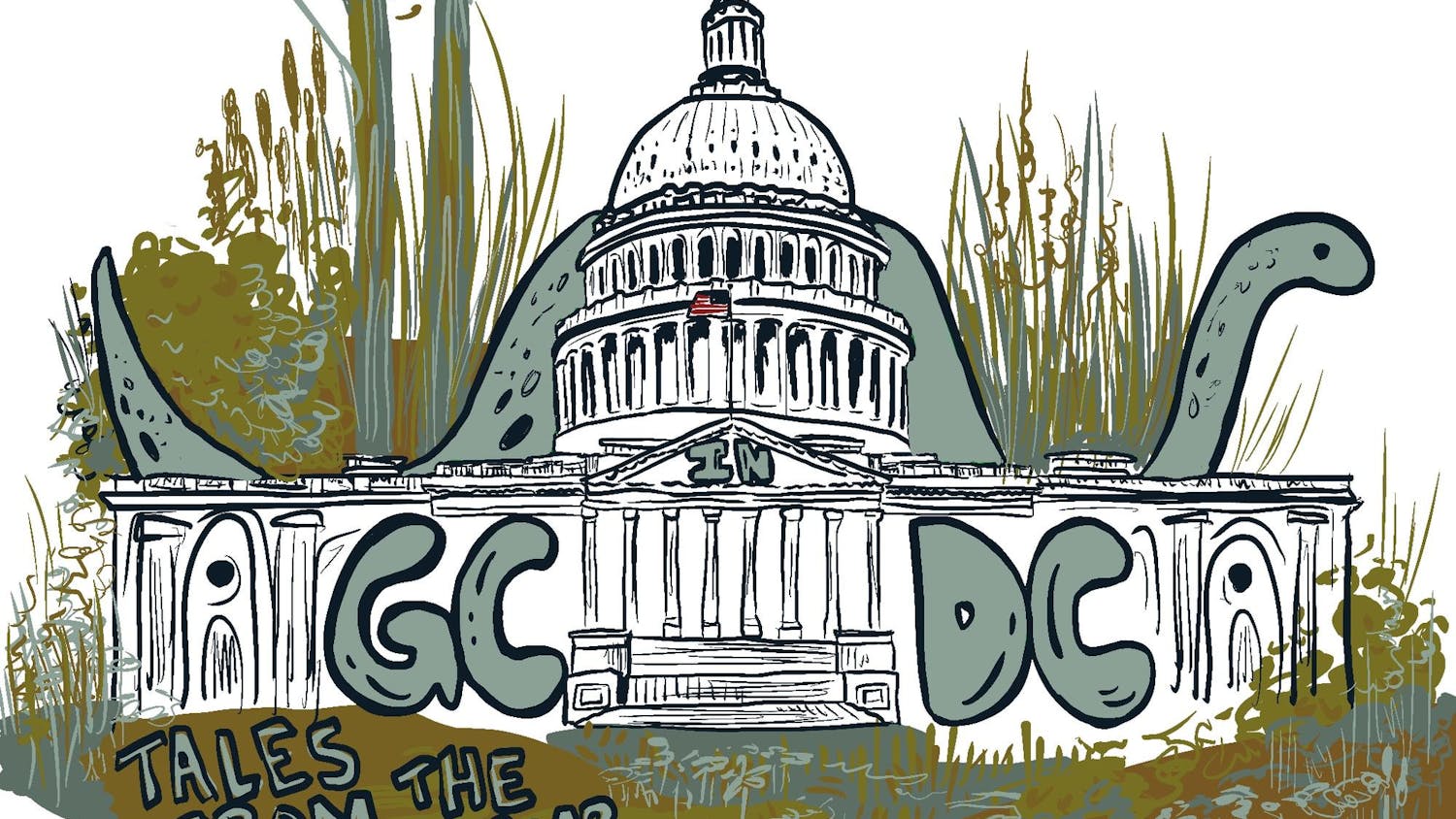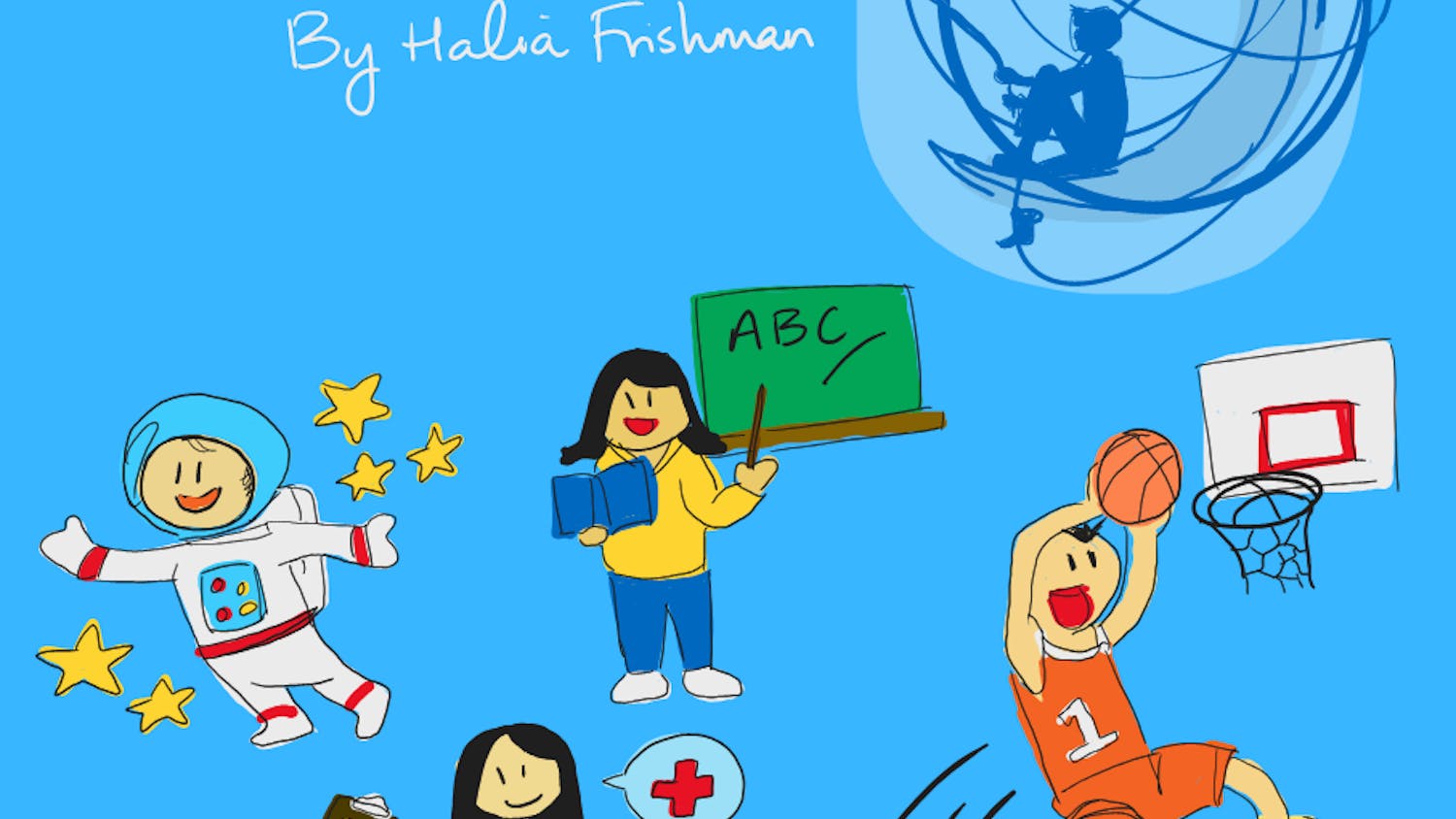Eitan Hersh, a professor of political science and civic studies at Tufts University, focuses his research on civic participation and American politics. Hersh published a new book in January, “Politics is for Power: How to Move Beyond Political Hobbyism, Take Action, and Make Real Change” (2020). He has also recently worked on a study on nonvoters and why they choose to not vote.
In this study, Hersh helped advise a colleague on The 100 Million Project, which focuses on the roughly 100 million people who were eligible to vote in the last election but didn’t. The Knight Foundation, who commissioned the research, wanted to draw attention to this large portion of the population.
“Normally we pollsters and political scientists focus more on voters, like what are their preferences and attitudes and what they care about because they are the ones who are actually voting,” Hersh said.
Nonvoters are a very diverse group of people. Some don’t feel they have time for politics in their lives, some feel like the system is broken, some feel uninformed and some don’t vote for any number of other reasons, Hersh explained.
“It’s not one kind of person who doesn’t vote,” he said.
One thing that is clear is that it’s mostly non-logistical reasons why people choose not to vote. In recent decades, states have made it easier to vote with same day registration, extended polling hours, early voting and other reforms.
“As the country has done all of these reforms, turnout hasn’t increased at all,” Hersh said. “In fact there’s some evidence that what’s happened is it’s increased the socioeconomic and racial disparities in voting.”
Hersh added that while these logistics reforms can help elections at the margins, they don’t help voters who weren’t likely to vote in the first place.
Hersh’s interest in the civic actions of individuals extends to his other work as well.
His new book, “Politics is for Power: How to Move Beyond Political Hobbyism, Take Action, and Make Real Change” is the culmination of five years of work. He first started writing about the topic around when Donald Trump won the Republican nomination in 2016.
As he was doing research, he found there was public interest in the topic, particularly after the 2016 election. Hersh decided to write a book for a more general audience, rather than an academic one.
“It’s designed for … anyone, you don’t need a PhD to read it. There’s no tables and graphs, there’s a lot of stories in it,” he said.
In the book, Hersh looks at how people engage with politics. He argues most people engage with politics like a hobby, rather than actually “doing” politics.
“Politics, doing politics, is about working with a group with some goals and strategies to somehow influence the government,” Hersh said. “And most people, including most students, almost everyone who thinks they’re engaged with politics definitely are not working with others with goals and strategies to try to influence the government. They’re really doing something more for themselves.”
The book is aimed at people who already spend some of their time on politics. Most people interact with politics through social media in short stints, Hersh said, rather than a longer period that could be more productive.
“My book is talking to people who are already spending an hour or two a day [on politics]. And like a third of the country says they spend almost two hours a day engaged in politics, and almost none of them are doing actually anything useful,” he said.
Hersh shares the stories of several individuals engaging with politics and their communities. Most of these people, he added, are not individuals that would be seen as political in the typical sense.
“Most of them don’t want to be politicians,” he said. “It’s more like they see politics as a form of community service, they see that basically an important way to serve your community is by accumulating political power so that you can actually empower the values that your community wants.”
Hersh added that political activism isn’t only for those who want to run for office in the future or are extraverted to begin with.
Everyone who has the time is able to devote themselves to really engaging with politics and working on power building within their communities, Hersh said.
Tufts students have a certain level of privilege being college educated and have some obligation to their communities, Hersh said. Students may care about a variety of issues, but it is their responsibility to take action.
“Whatever they care about, their job is not to watch politics, it’s to move people in a positive direction and that usually means working with a community organization,” he said.
While it may be difficult for college students and young people to feel like they’re part of a community if they are moving every 18 months, there are other ways to get involved, Hersh added.
Students and young adults are able to support community organizations and help local leaders do better at what they’re already doing.
“If you’re going to move every 18 months you’re probably not going to be the leader of a community organization, but that’s ok,” Hersh said. “You can be someone who’s very helpful to a community organization, and making relationships and learning skills that you’re going to carry forward.”
Hersh also spoke to how individuals can get involved during the current COVID-19 crisis.
His first suggestion was to redirect news from national to local.
“One really important thing is to redirect news from national to local because no matter where you live, you can live in the most blue bubble or red bubble out there, there’s like a ton of work to do on any issue you care about,” Hersh said.
Next was to learn about organizations that are currently doing or will soon be doing work connecting to voters. Hersh suggested that this is a good time to learn skills and build knowledge that can be used later.
“Learn the right news, that helps you be a better citizen, and think about organizations that are either currently doing good stuff connecting to voters, or will be soon,” he said.
Hersh ended by noting that young people and recent retirees are the two groups of people who most commonly volunteer on political campaigns. The coronavirus outbreak will likely impact the group of people choosing to volunteer on political campaigns moving forward.
“I think, because of coronavirus, it’s likely that even after quarantine officially ends, senior citizens will be less eager to get out and do more stuff since the risk won’t go away completely,” he said. “That puts a lot more of an onus on younger people to take on active civic and political roles, so I think the thing to do now is for folks to prepare for that and think about ways that they can be helpful.”






